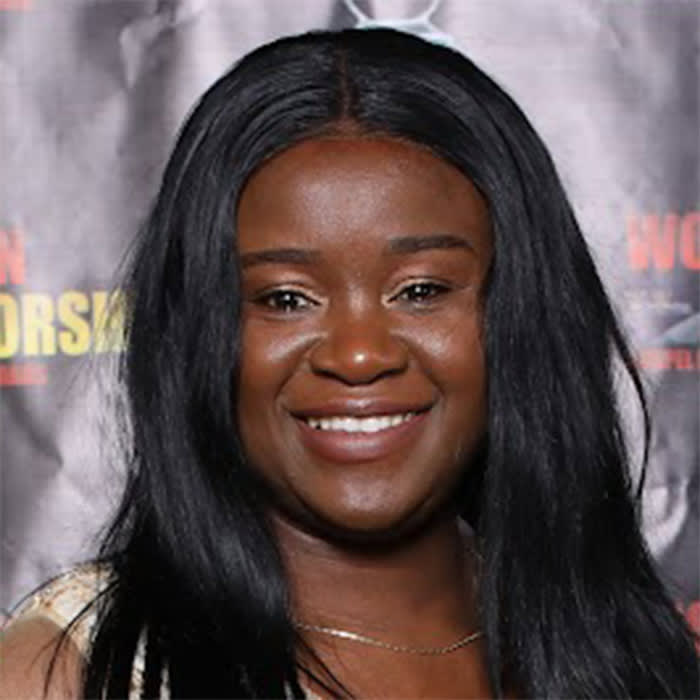
Bamidele Farinre
Chartered Biomedical Scientist; Agile Project Manager; Multi-Award-Winning Author; Speaker & Educator; Founder, BAMS Space; Host, In Conversation with Bami, UK
False

Chartered Biomedical Scientist; Agile Project Manager; Multi-Award-Winning Author; Speaker & Educator; Founder, BAMS Space; Host, In Conversation with Bami, UK
I began my journey in the lab with no clear path or mentorship, so I know firsthand how transformative high-quality training can be. From a Medical Laboratory Assistant to a nationally recognized Chartered Biomedical Scientist, to leading a national COVID-19 response team, every stage of my growth was shaped by the support and structure of the training I received. Sadly, that same foundation is now crumbling beneath the feet of many emerging healthcare professionals.
What troubles me most is the sharp decline in training quality and the neglect of professional development across the biomedical science sector. I hear the same frustrations repeatedly from mentees across the country: training delayed, overlooked, or deprioritized due to staffing crises, lack of time, or budget constraints. These are not minor oversights – they directly impact patient safety and the future of our workforce. Without proper skills and support, we jeopardize the integrity of care itself.
As a global mentor and senior advisor across platforms including the Institute of Biomedical Science (IBMS) and Gotara STEM+, I hear from some of our brightest minds who feel unsupported, frustrated, and stuck. The consequences are real: poorly trained professionals, outdated practices, and risks to patient safety. Training gaps ripple outward – affecting not just individual performance, but technology adoption, innovation, and safe processes. The recent decision to scrap the healthcare science T Level from 2026 is another blow, cutting off opportunities for students and threatening future talent pipelines.
Before I fully grasped how widespread these challenges were, I had already begun to act. As a CPD officer for IBMS London, then as Vice Chair of the IBMS Virology Specialist Advisory Panel and a HCPC Partner, I worked to influence training policies and safeguard professional standards. I also serve with the British Standards Institute as a “Woman in Standards,” ensuring technical guidelines reflect the realities of modern healthcare. My philosophy is simple: if we don’t show up, speak up, and support the next generation, we risk losing the very heart of our profession.
Through science communication, speaking engagements, and STEM ambassadorship, I use my platform to raise awareness and increase visibility – because people can’t aspire to what they can’t see. I want young professionals to know their path is valid, their challenges are real, and they are not alone.
But real change is not a solo effort. It requires collective responsibility – policy makers, leaders, managers, and frontline staff all have a role to play. Accountability must run through every level. If we fail to nurture and invest in this profession, we risk losing exceptional talent to other industries – an outcome healthcare cannot afford.
For me, this work is more than a career; it is my purpose. Yes, progress can be slow, and advocacy can be exhausting. But change begins with a seed. Through every act of mentorship, visibility, and advocacy, I continue to plant seeds of transformation. Even if I don’t see every tree grow, I know I am helping to create a forest that will flourish for others.
Dive deeper into the world of pathology. Explore the latest articles, case studies, expert insights, and groundbreaking research.
Receive the latest pathologist news, personalities, education, and career development – weekly to your inbox.

False
False
False